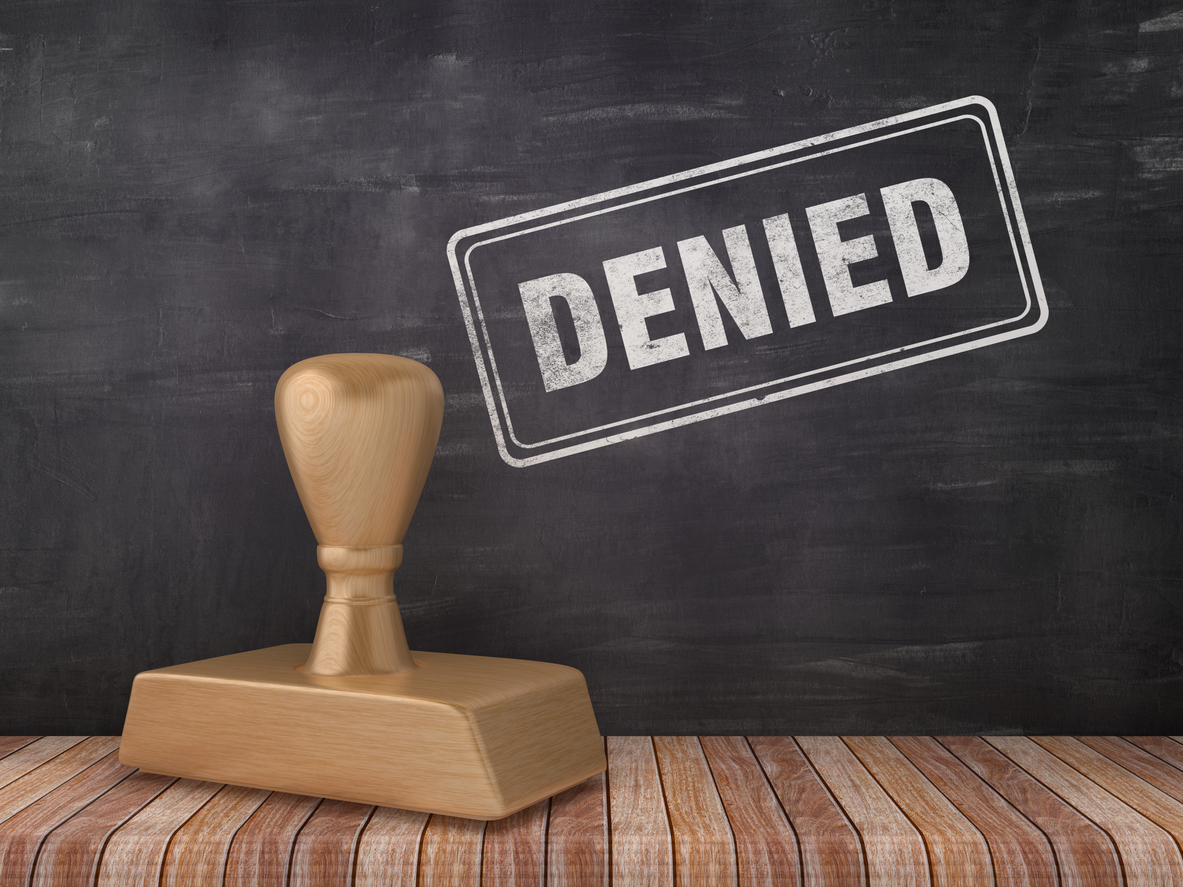If you want to find a bunch of irate policyholders with plenty of stories to tell, hang out with Tina Nicholson and Javier Delgado in our Houston office. Commercial and residential policyholders have had enough frustration trying to do it themselves and are seeking legal counsel to fight the delays and denials from their insurance carriers. Anger at the insurance company and the adjusters working their claim is the prevalent emotion. Over the next several weeks, I plan to write much more on Texas property insurance law and protection it provides because Texas is the hottest new venue in the insurance litigation war. We are in the middle of it.
The great teacher John Wooden said, "It’s the little details that are vital. Little things make big things happen." So, let’s start this discussion of Texas insurance claims practices law at the beginning, with some fundamental insurance concepts.
The special nature of insurance and the role it has played in society has been recognized by courts and legislatures for many years. An insurance policy is not obtained for commercial advantage. It is obtained by people and entities to protect against unknown calamities which may, or may not, ever occur. Often, the policyholder, after paying the premium and expecting protection against calamity, is in an especially vulnerable economic and personal position when a calamity loss occurs. The entire purpose of insurance is defeated if insurance companies and adjusters can refuse or delay the prompt and full payment of monies contractually due.
Hurricane, tornado, and other windstorm losses often involve widespread catastrophic damage. Management of insurance companies anticipate these catastrophes and are often prepared to send armies of adjusters referred to as “CAT” teams to areas devastated by these widespread loss occurrences. Without proper training, incentives, attitude, authority, and support of adjusters in the field, proper adjustments will not occur.
Modern insurance companies are in a much more favorable legal and financial position than the purchasers of their products. An insurance policy contains mutual obligations. Unlike other general commercial contracts, the insurance company promises that it will provide financial security in the event of a catastrophe. It further promises that the policyholder has “peace of mind,” that in the event of a catastrophe, such as a Hurricane Ike, the policyholder will be fully and promptly indemnified. Unlike a typical commercial contract, a non-breaching party (the policyholder) cannot replace the performance of the breaching party (the insurance company) by paying the then prevailing market price for counter-performance. Instead, the policyholder is completely dependent on performance by the insurance company when he or she is most vulnerable. If the insurance company fails to fulfill its obligations completely, the policyholder will likely suffer contractual and extra-contractual damages. Unfortunately, many insurance companies and adjusters delay, refuse, or fail to uphold their part of the bargain.
Newspapers, television and individuals on the internet have picked up this bad faith conduct during the claims handling process following the 2008 Texas hurricanes. These reports indicate that insurance companies are refusing to provide insurance coverage or engaging in sloppy, slow, or deliberate bad claims handling. It does not take a financial genius to figure out than an insurance company can make more money by collecting premiums and not paying claims, than it can make by collecting premiums and paying claims. I recently noted this inherent incentive in Playing the Float and the Wisdom of Warren Buffett.
“[T]he bargaining power of an insurance carrier vis-à-vis the bargaining power of the policyholder is disparate in the extreme. Unless an insurance company is confronted with the prospect of paying all damages caused by its wrongful conduct, it will have no economic incentive to honor its obligations under its existing insurance policies:
Unlike most other commercial actors fighting for supremacy in a world where possession is nine-tenths of the law, insurers always have the nine-tenths advantage: They hold the money. Consequently, insurers always get to play “play the float” in any dispute. Even where the judicial system acts rapidly and efficiently to provide compensation to wronged policyholders, the carrier may find that it made money by delaying payment of the claim. If its investments have been good, it may even have made money to cover any prejudgment interest, costs, or consequential damages award, or counsel fees collected by the policyholder."
Jeffrey W. Stempel, Interpretation of Insurance Contracts: Law and Strategy For Insurers and Policyholders § 19.3, at 466-67 (1994).
The insurance industry recognizes its duty of good faith and the scope of the remedies available for breach of that duty. For example, a mandatory text studied by prospective Chartered Property and Casualty Underwriters (CPCUs) discusses the current state of the law of wrongful insurance company conduct:
1.All insurance contracts contain a covenant of good faith and fair dealing.
2. If bad faith is a tort in a third-party claim, it should be a tort in a first-party claim as well.
3. Insurance is a matter of public interest and deserves special consideration by the courts to protect the public.
4. Insurance contracts are not like other contracts because insurers have an advantage in bargaining power. Insurers should therefore be held to a higher standard of care.
5. Recovery for breach of an insurance contract should not be limited to payment of the original claim.
6. The public’s expectations are elevated by the insurer’s advertising, slogans, and promises, which give policyholders the impression that they will be taken care of no matter what happens.
7. Policyholders buy peace of mind and are not seeking commercial advantage when they buy a policy. In addition, they are vulnerable at the time of the loss.
8. Policy language is sometimes difficult to understand. The benefit of the interpretation should be given to the policyholder.
A.E. Anderson, et al., Insurance Coverage Litigation, 11-7 (2nd ed. 1999), citing James J. Markham, et al., The Claims Environment 277-78 (1st ed.1993).
By passing laws which penalize insurers for delay and shoddy claims practices, the Texas Legislature has attempted to level the playing field by making it less profitable and far riskier for insurance companies to breach their insurance policies. These laws make an insurer financially responsible for breach of duty to a customer. Businesses and people that break rules should be held accountable. Accordingly, insurance claims management must emphasize fair, prompt and honest conduct, or pay the price for not doing so.
Policyholders should take action and exercise their valuable legal rights. Insurance companies that act wrongfully should be held accountable for breaking their contractual obligations and the law. Anything else would unfair to insurance customers and the many honest adjusters and insurers that play by the rules.



